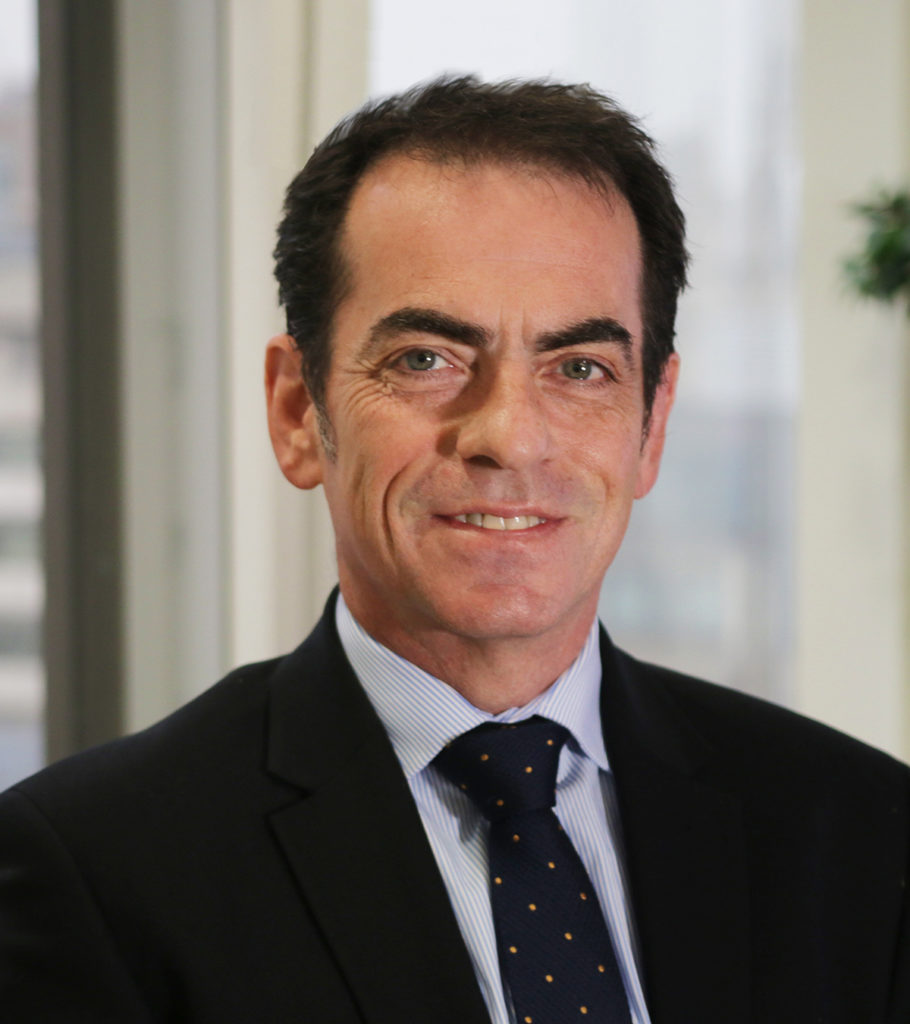John Somerville, head of Financial Services, The London Institute of Banking & Finance, suggests four areas paraplanners should contemplate as we head into 2022.
New year’s resolutions apparently date back 4,000 years to the time of ancient Babylon when they were made at 12-day festivals. So if – as the days get shorter and Christmas gets nearer – you’re planning for 2022, you can count yourself as part of a very long tradition!
Whatever else you’ve got planned, for your professional life as a paraplanner, I’d suggest there are several key areas that you should consider when looking at the year ahead.
Get ready for rising demand in ESG investing
November’s COP26 in Glasgow was one of the main events of 2021. But even before world leaders met in Glasgow, we were witnessing increased demand for environmental, social and corporate governance (ESG) investment. Crucially, that demand has also become more sophisticated, so when people are thinking where to invest a pension or an ISA, the ‘ESG’ factor needs to be more than just a reassuring label.
For the paraplanner, that means you have to think in more detail about the evidence you’re putting in reports for advisers, so clients can have a very clear picture of where their money is invested. Equally, you may need to be challenging advisers as to why a customer has chosen a particular fund strategy based on ESG.
Do they understand the difference between positive and negative screening? Will they be content to know that a certain company’s on the right trajectory to get to net zero or some other green status? Or are they insisting that their money’s invested in companies that already have solid green credentials?
There’s an awful lot in the press about green washing and clients are becoming increasingly aware of it. Because the paraplanner is the detailed-oriented person in this process, part of your role is to screen the greenwashing out.
As demand for ESG grows and becomes more sophisticated, you may also want to think about reviewing the way you work with financial advisers. You’re not privy to advisers’ conversations with clients, so how can you be confident they’re asking the right questions? There are some practical steps you can take, such as:
- reviewing the fact-find questions with your adviser
- working with them on the question strategy to help them discover what’s important to the client
- agreeing what evidence is needed to select the right funds.
Plan ahead for the end of tax year
This one’s self-evident, so you may wonder why I’m raising it, but – just as life was unpredictable in 2020 and took us by surprise in 2019 – we don’t know what’s going to happen with the pandemic between now and 5 April 2022.
There may be a spike in infections and press reports suggest a possible increased risk of influenza. That could mean further lockdowns. Some clients may be more cautious about meeting face to face – especially those in vulnerable groups – regardless of what’s happening with Covid.
Firms would also be wise to prepare for possible staff shortages because one thing we do know: HMRC are not going to be moving deadlines and so, in any event, taxation meetings will still need to take place.
Again, the best approach is to work closely with your advisers. Now’s a good time to set up strategic planning meetings to plot out who they’re going to contact, when and how – and to formulate a plan B in case there’s a surge in cases.
Prepare clients’ portfolios for rising inflation
You will be aware that there’s a pressure on inflation rates and, consequently, speculation about how this will impact interest rates. If interests rise, it will hit borrowers but is not likely to benefit savers. As prices increase, there will also be an impact on the spending power of those who live off savings, such as people in retirement.
That makes now a very good time to review the amount of savings and cash assets clients hold in their portfolios. As a paraplanner, you have the skills to analyse a client’s portfolio in detail and identify where a client is losing money – or has the potential to start losing it in the future. Our job is not just about maximising growth, but about how to defend against losing money against inflation.
It’s also a good idea to encourage advisers to raise this issue with clients. They’ll be meeting customers over the next few months to prepare for the end of the tax year, and this could be a good opportunity for them to talk about the dangers of inflation outstripping cash assets. Some clients will be resistant to the idea of making cash less easily accessible, so it will help your adviser and the client if you can demonstrate in real terms what they’re losing by keeping assets in cash.
Review your skillset
We live in an ever-changing world and work in a fast-evolving sector, so it’s important to keep your skills and knowledge up to date. In the regulated advice sector, hybrid advice models and online systems are becoming more embedded, so there are compelling reasons to develop your skills in 2022. Forward-thinking advice and paraplanning firms are focused on raising the bar when it comes to qualifications and training for their staff and the people who succeed are always one step ahead.
Take a moment to consider where you want to go next in your career and what you need in terms of learning and development. Where are the gaps in your knowledge? And what’s the best way to fill them?
By preparing and planning and keeping on top of your learning and development, you’ll continue to be invaluable to your advisers, your firm and your clients – no matter what 2022 has in store.






























